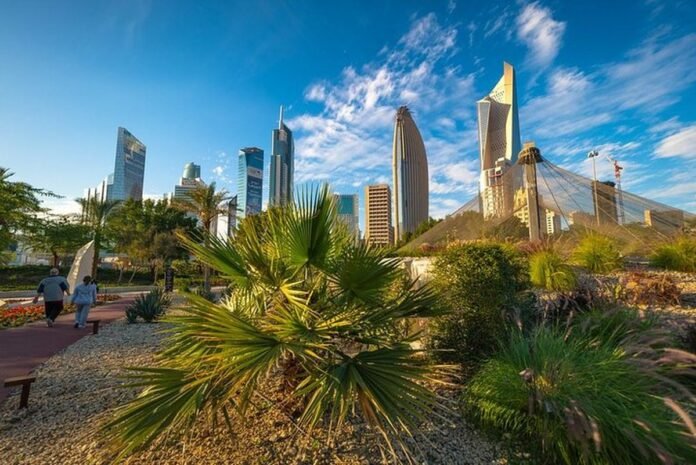Kuwait has risen three spots in the “Agility Emerging Markets Logistics Index” for 2025. This reflects its enhanced performance in domestic logistics services and business pillars. This improvement is attributed to the country’s growing use of the public-private partnership (PPP) model. This model aligns with the ambitious Kuwait Vision 2035, a plan designed to boost the country’s economic and business environment.
The report underscores that Kuwait is entering a new phase of economic development. This phase is supported by the government’s proactive approach to involving the private sector in major infrastructure projects. Through these efforts, Kuwait has effectively navigated economic challenges. It has positioned itself as a more competitive player on the global stage.
The Gulf region, including Kuwait, is now regarded as a “model of resilience” and a vital “gateway to the world” for major Asian exporters and other trading nations. This recognition highlights the region’s key role in global trade and its growing significance in international logistics.
The 2025 index also reveals a cautious outlook for the global logistics sector. Companies restructure to protect their businesses from economic uncertainties such as inflation, potential tariffs, and the threat of a global recession. Over 62% of senior executives surveyed confirmed that they have adjusted their supply chains to address these risks. Nearly 55% believe a global recession is likely.
The Agility Emerging Markets Logistics Index ranks emerging economies based on their logistics capabilities, business environment, and digital readiness. The Gulf countries have consistently topped the rankings. Kuwait has advanced to 18th place, reflecting a positive shift in its competitiveness and its growing appeal as a hub for logistics and business activities.
Kuwait’s rise in the rankings is part of a broader regional trend. The Gulf Cooperation Council (GCC) economies continue to lead the way in various categories, including business environment and digital readiness. This progress is fueled by substantial investments in infrastructure, energy transformation, and workforce development.
Despite global economic challenges, the Gulf economies have demonstrated remarkable resilience. This resilience is supported by diversification strategies and major infrastructure investments. These efforts have positioned the region, including Kuwait, as a key player in facilitating trade between emerging markets and the West.
In conclusion, Kuwait’s rise in the global rankings highlights its ongoing transformation into a competitive and forward-looking economy. This transformation is driven by strategic public-private partnerships and a clear vision for the future. As the country continues to implement its Vision 2035, it is poised to play a more prominent role in global trade and logistics. This will contribute to the overall economic growth of the Gulf region.


